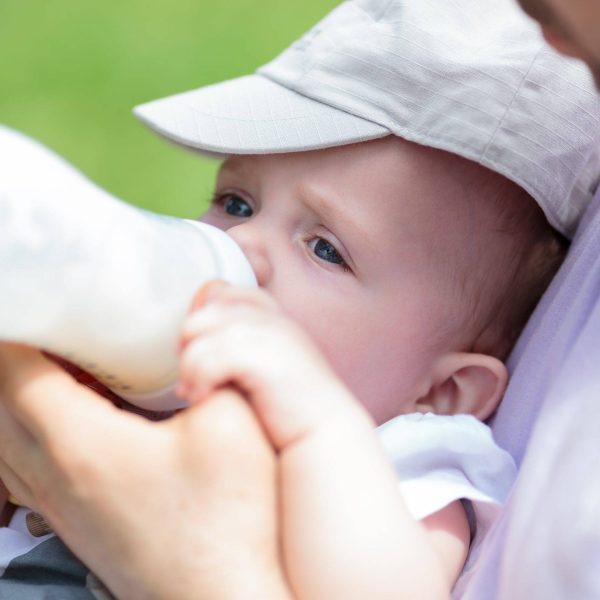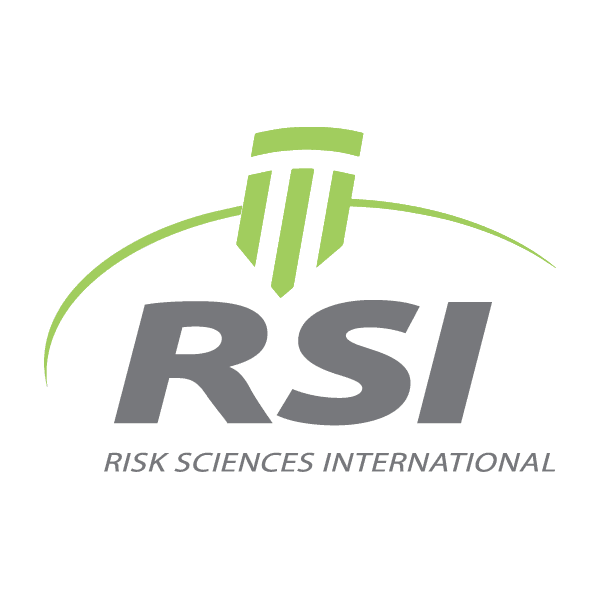Baby formula represents a uniquely sensitive area of food safety and nutrition, given its role as the primary or sole source of sustenance for many infants. Ensuring the safety, quality, and adequacy of infant formula is critical to supporting early childhood development and preventing health risks during a period of profound vulnerability. Contamination incidents, supply disruptions, or inadequate nutritional standards can have severe, lasting consequences for children, families, and public confidence.
Risks span microbial contamination, adulteration, mislabeling, and supply chain vulnerabilities. At the same time, scientific debates persist about the nutritional adequacy of different formulations, the role of specialized products for infants with allergies or metabolic conditions, and the balance between formula use and breastfeeding promotion. Regulators must establish and enforce rigorous standards, industries must maintain quality control and transparent practices, and health professionals must guide parents in making safe and informed choices.
Risk sciences provide the framework to address these challenges comprehensively. Exposure analysis, toxicological evaluation, and scenario planning can identify potential hazards, evaluate population-level impacts, and guide preventive strategies. They also underpin risk communication, ensuring that parents, caregivers, and the broader public receive accurate, actionable information without unnecessary alarm.
RSI is dedicated to advancing work in infant nutrition safety, with the experience and scientific expertise needed to help ensure that baby formula remains a reliable, safe, and trusted product.

